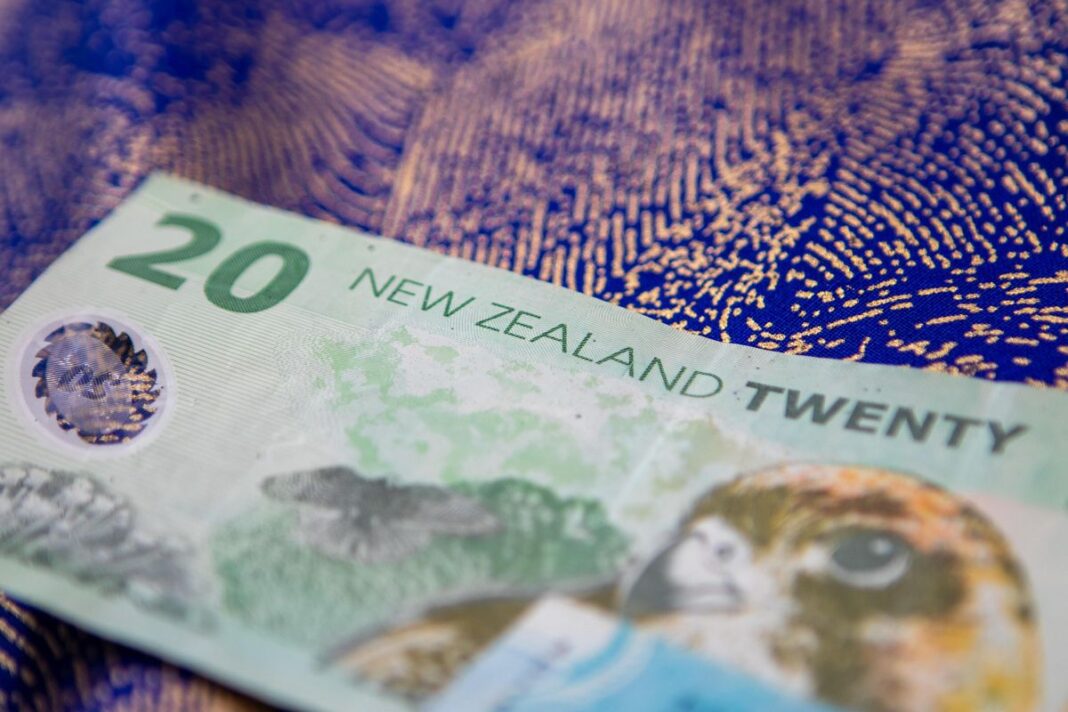Businesses selling goods or services worth less than $500 would have to accept cash payments under the proposed law.
New Zealand First—one of three parties in New Zealand’s coalition government—has introduced a bill that will prohibit businesses from refusing cash payments for goods and services worth less than $500 (US$301).
“The bill will provide for the enduring use of cash as a private, accessible, and reliable method of payment,” Party Leader Winston Peters said.
“People who rely on cash due to barriers to digital banking deserve assurance that cash will be preserved in the increasingly digital world. The bill acknowledges that cash is a critical tool for vulnerable populations like those in rural communities, the elderly, and low-income earners who may experience barriers to digital banking.”
It would reinforce the obligation on businesses to accept cash payments and require them to have sufficient cash infrastructure to support it.
“The bill ensures that New Zealanders maintain freedom of choice in how they pay, preserving cash as what it should be: an enduring, private, and reliable option,” Peters said.
“By protecting the sanctity of cash transactions, the bill upholds personal privacy, maintains sovereign control over New Zealand’s monetary system, and lessens the risks posed by digital-only payment systems.”
Reaction Mixed
Social media reaction was split between those who applaud the move as recognising the reality and people who see it as eroding cash even further due to imposing a limit on the amount that must be accepted.
“You don’t preserve the status of cash by limiting its use. You destroy it,” one wrote. “You either accept cash as legal tender for all payments, or you don’t. There is no middle ground.”
While the Reserve Bank of New Zealand Act establishes cash as legal tender for settling all debts, however small, in practice an increasing number of small businesses have introduced a “card only” policy at the till, particularly in the hospitality sector.
However, according to Reserve Bank data, cash use has remained fairly steady, declining only 1.7 percentage points from 47.5 percent of payments for “everyday things” in June 2023 to 45.8 percent in June this year.








